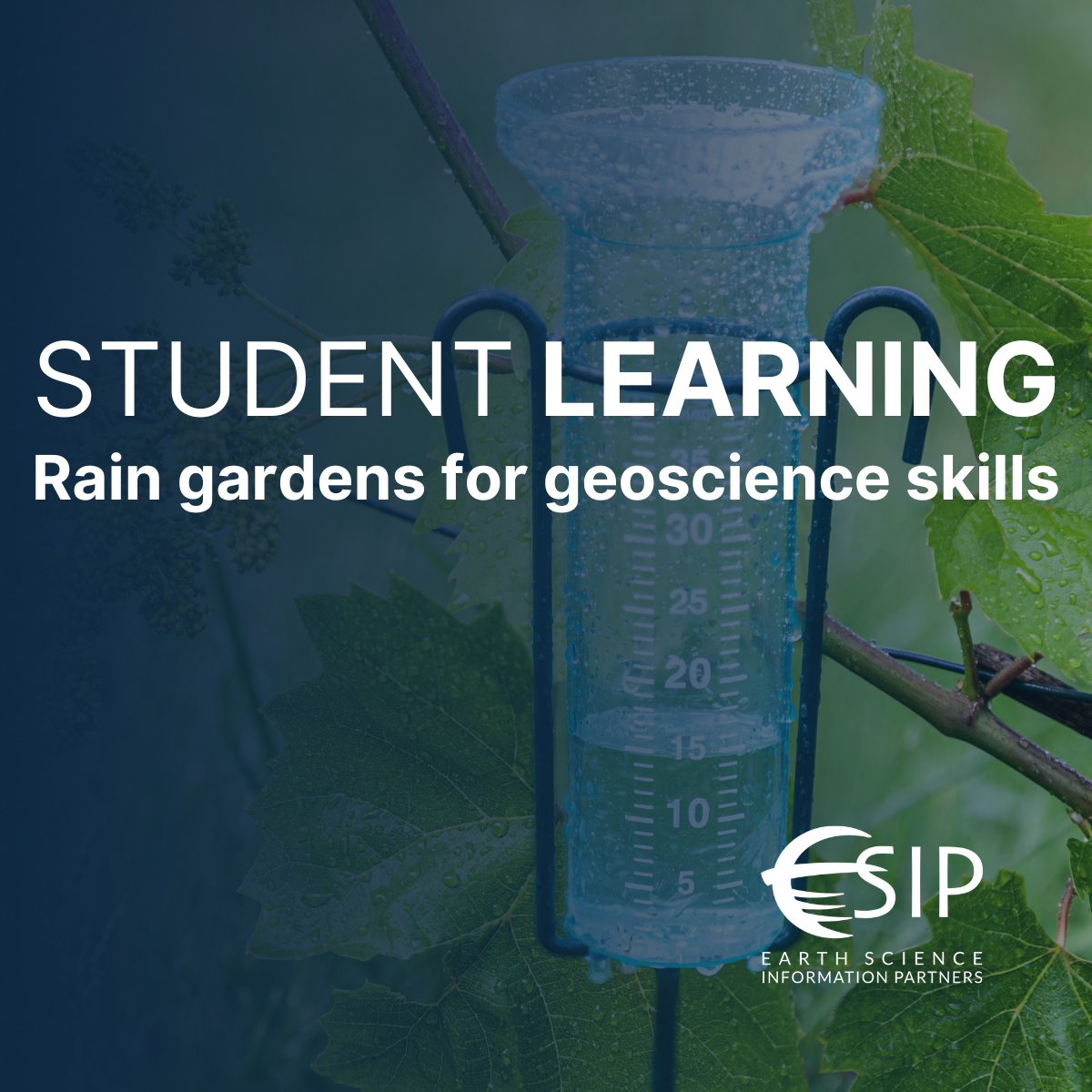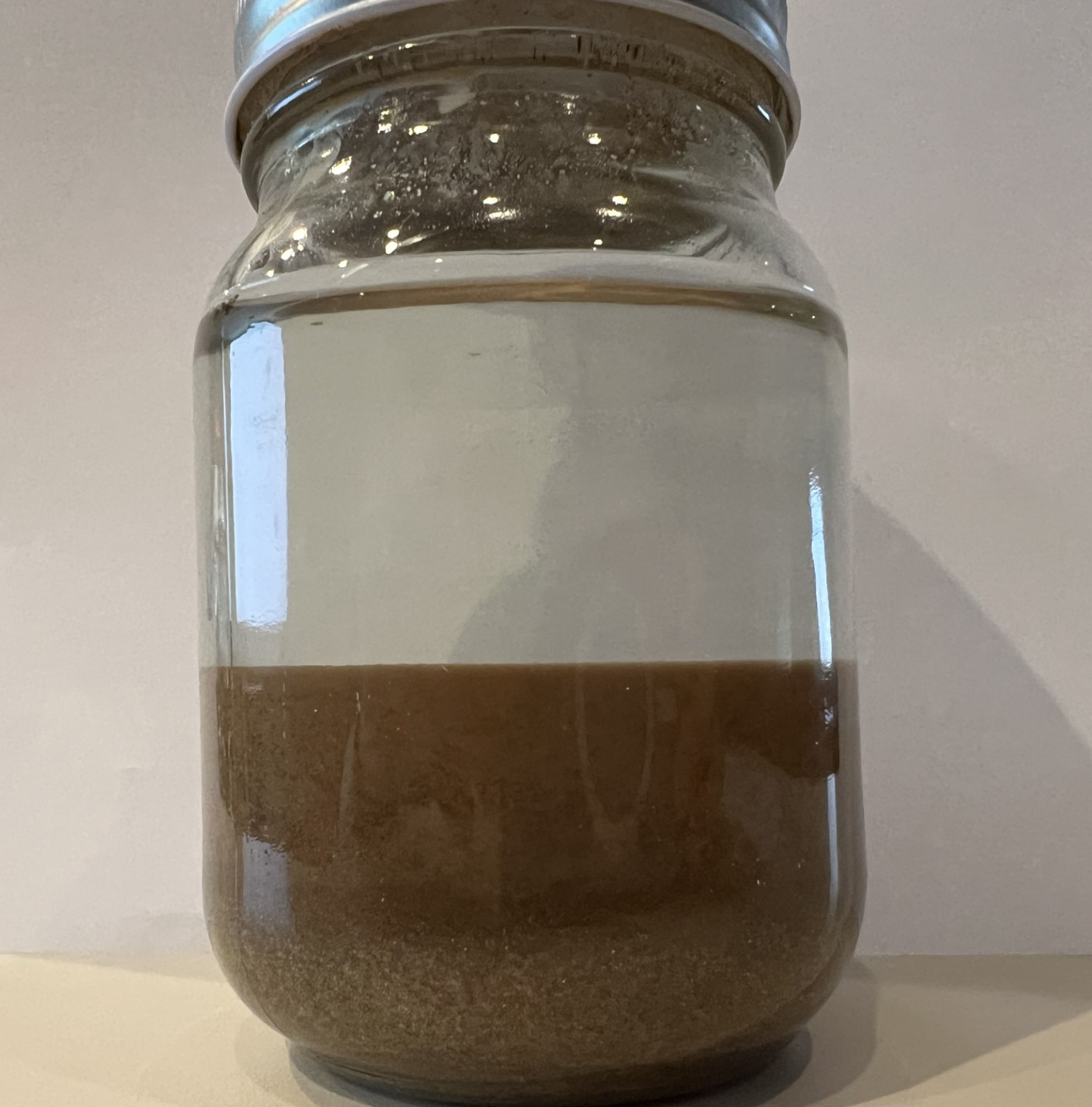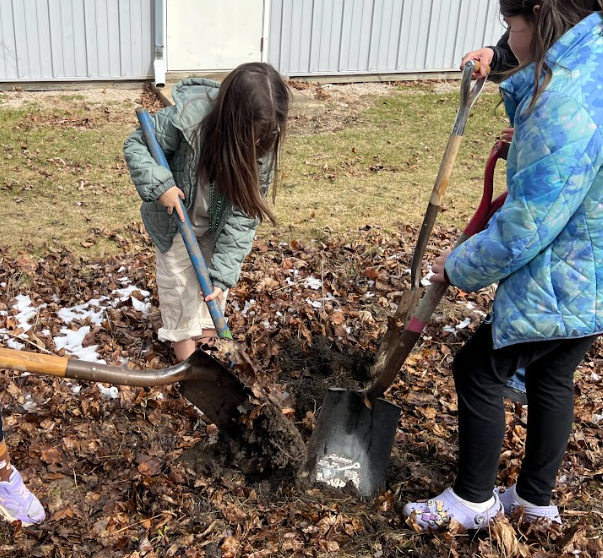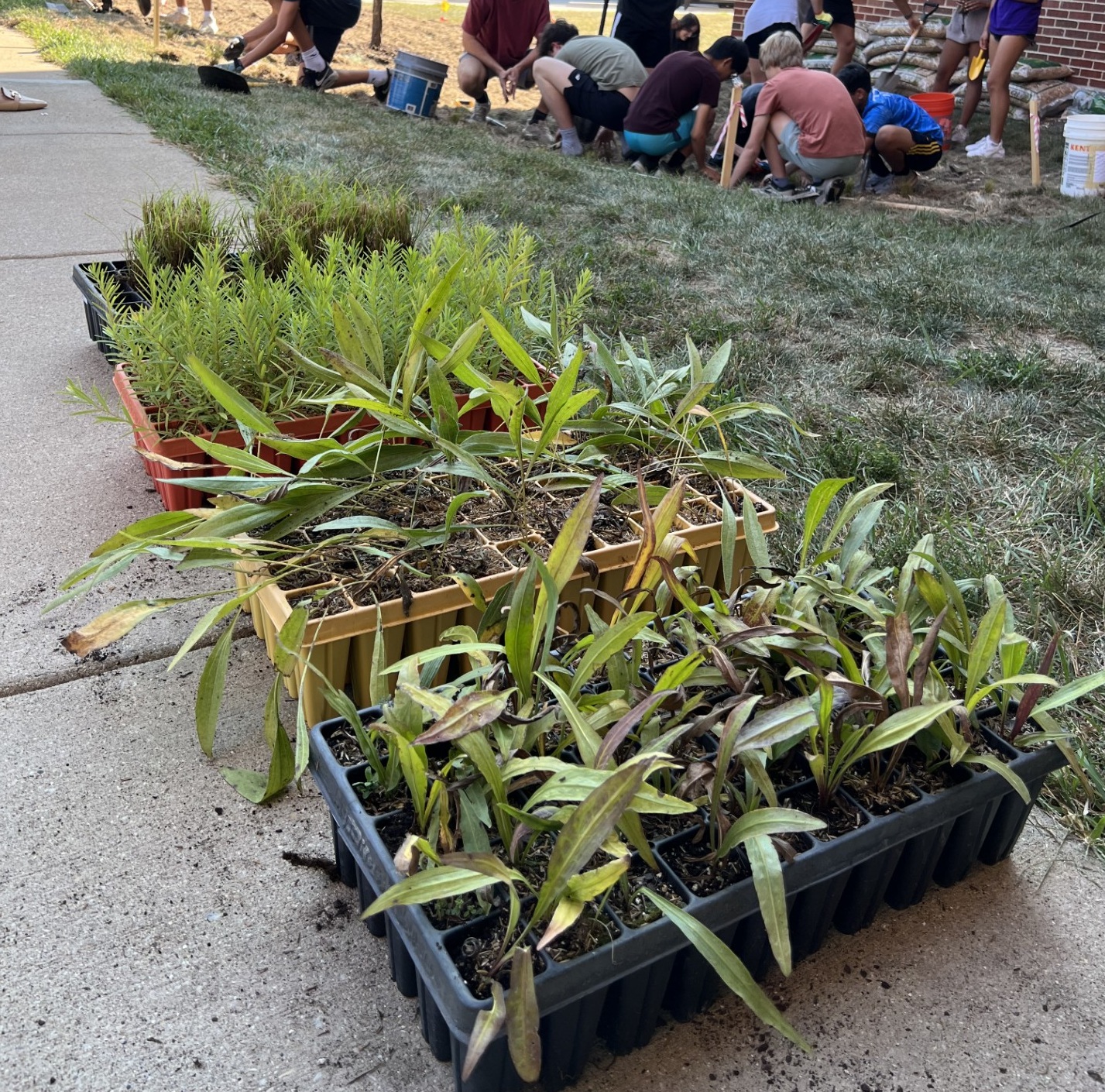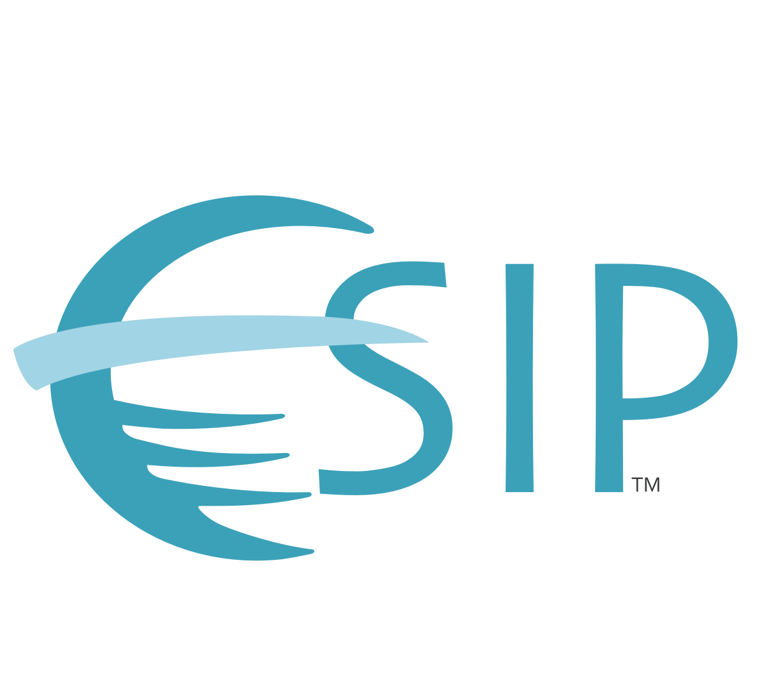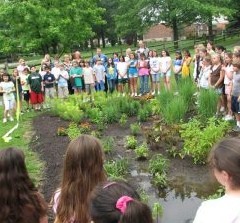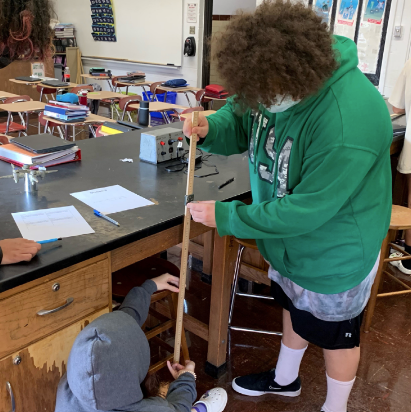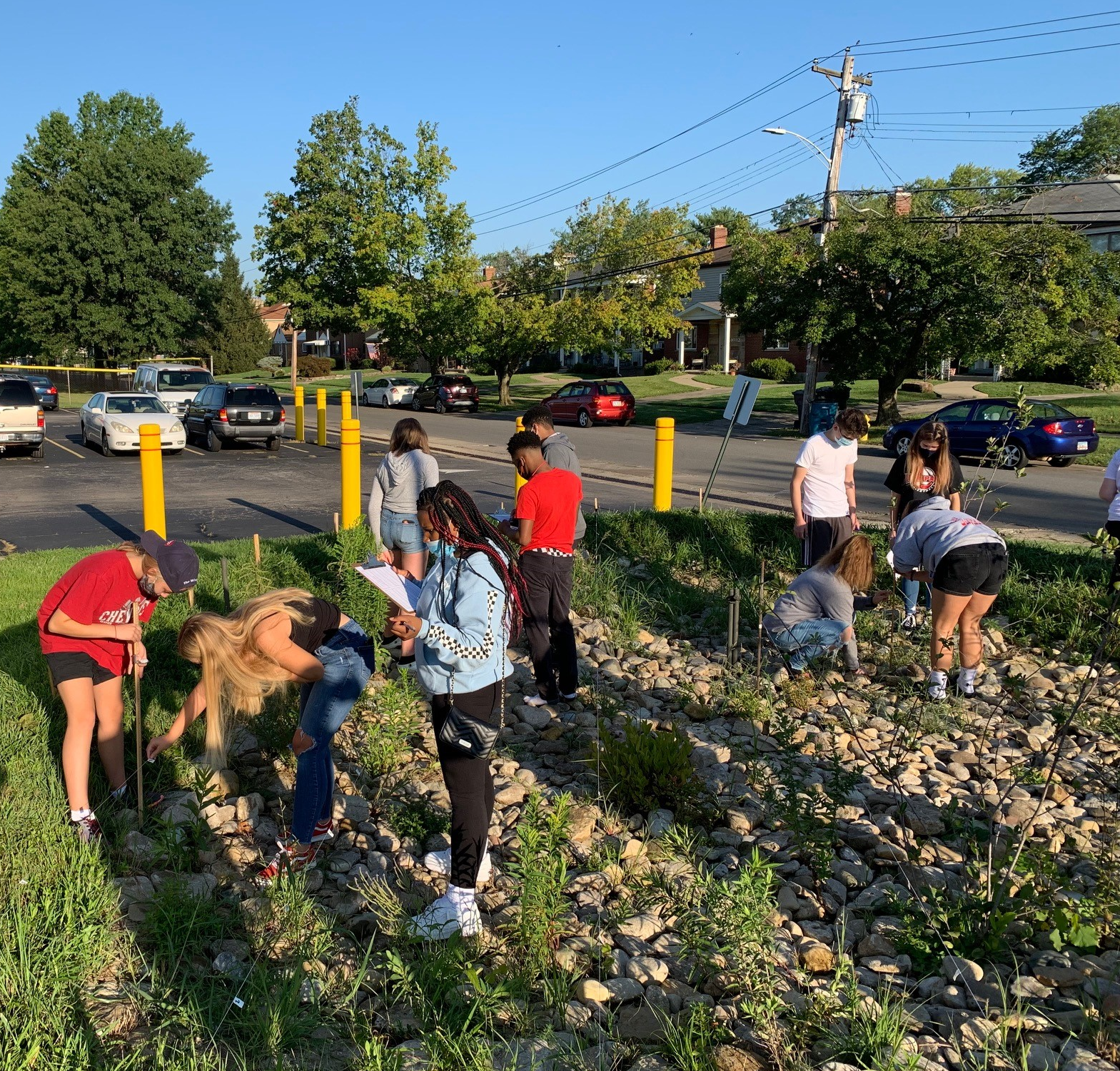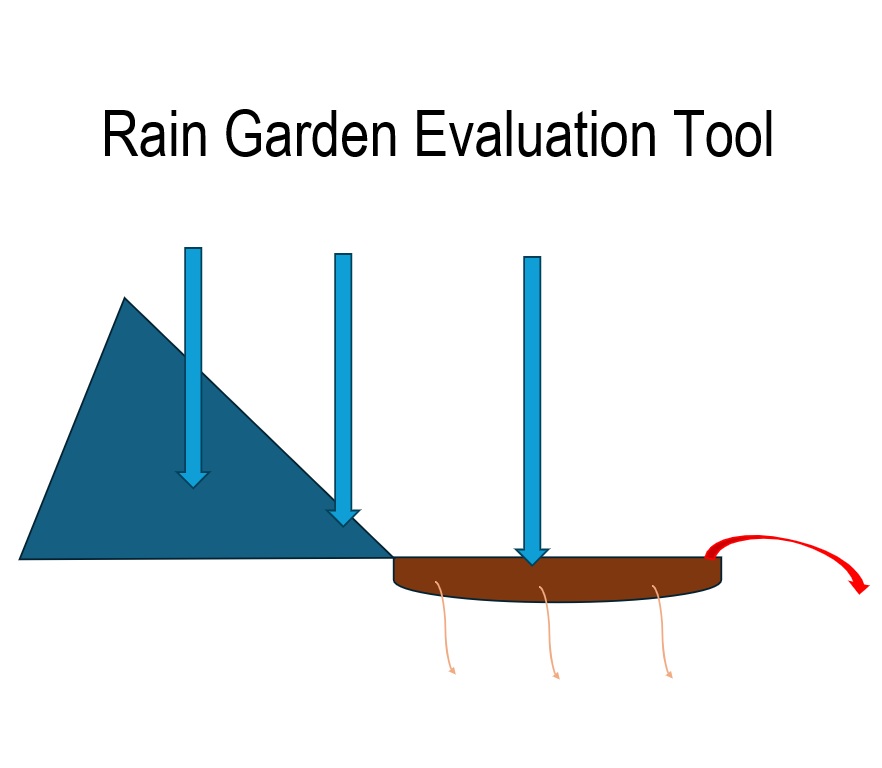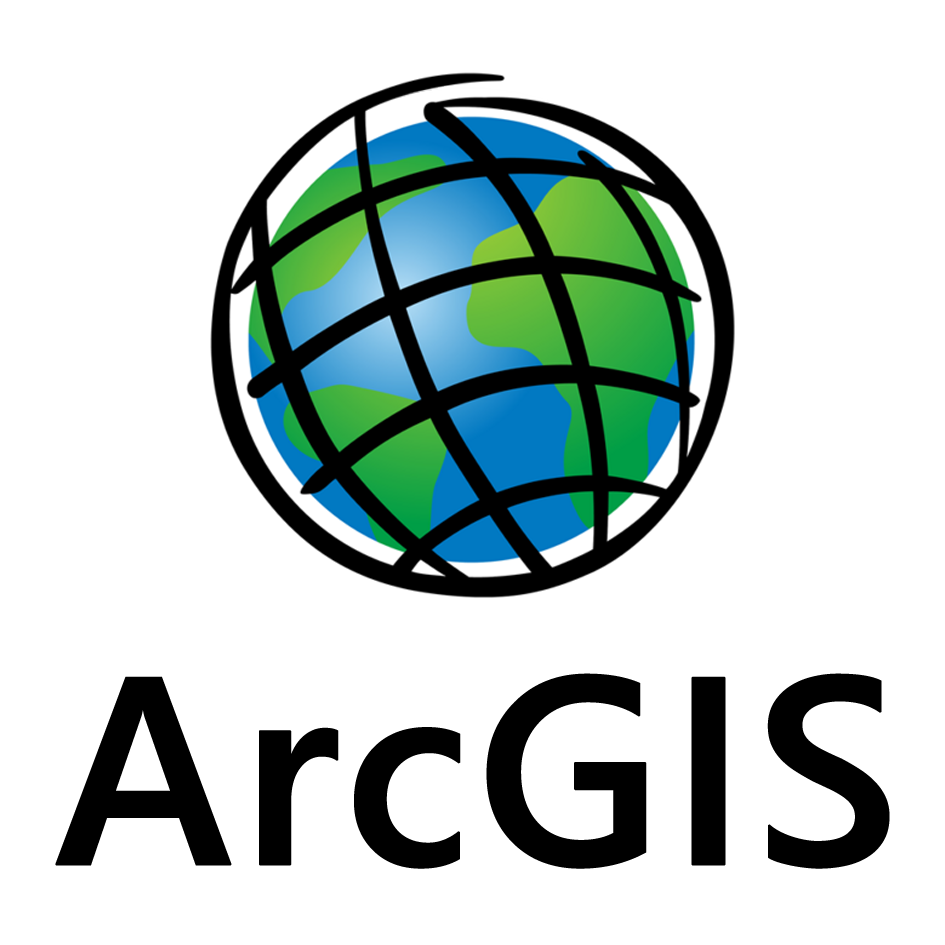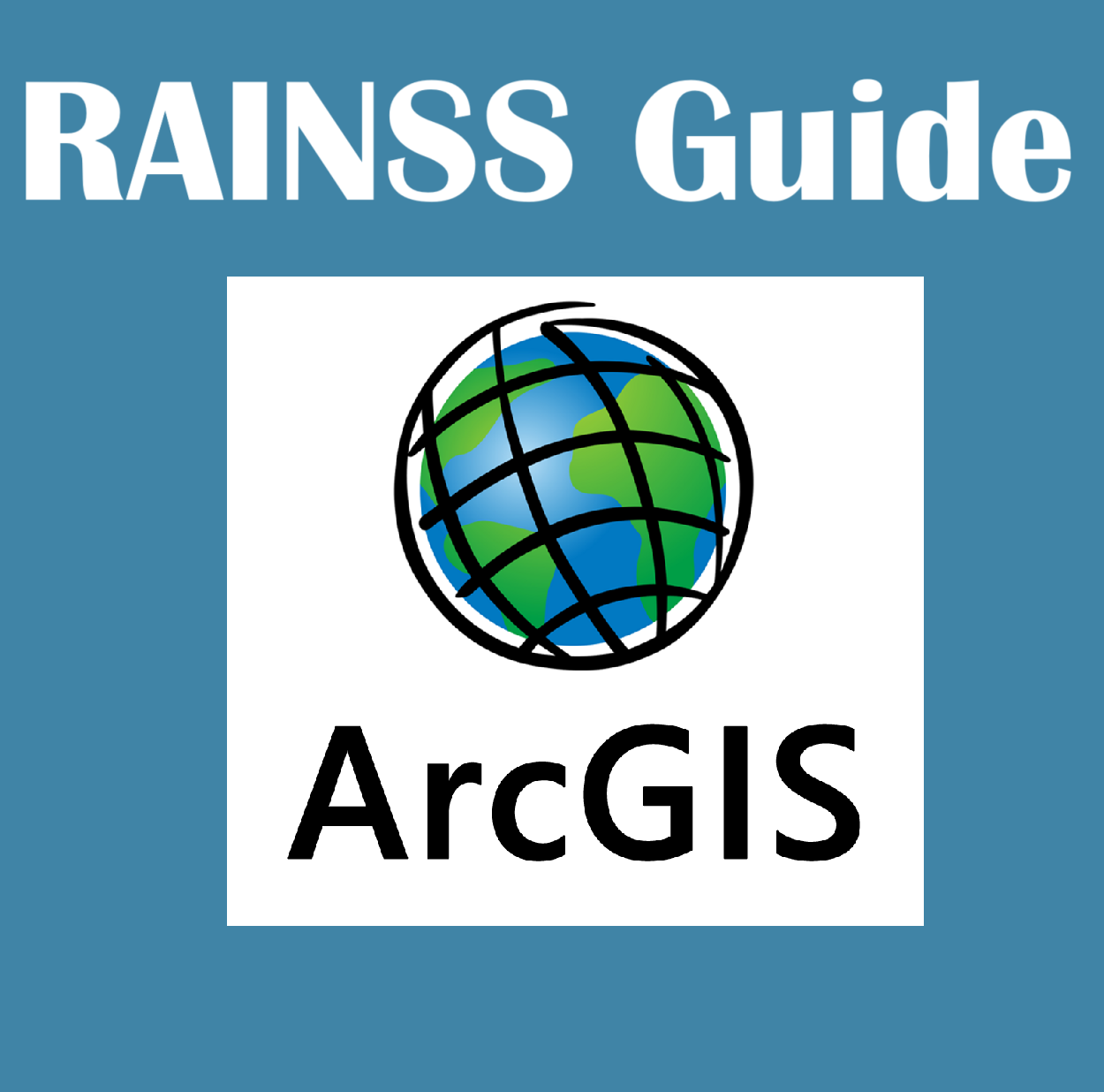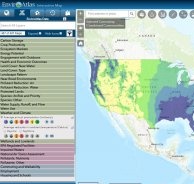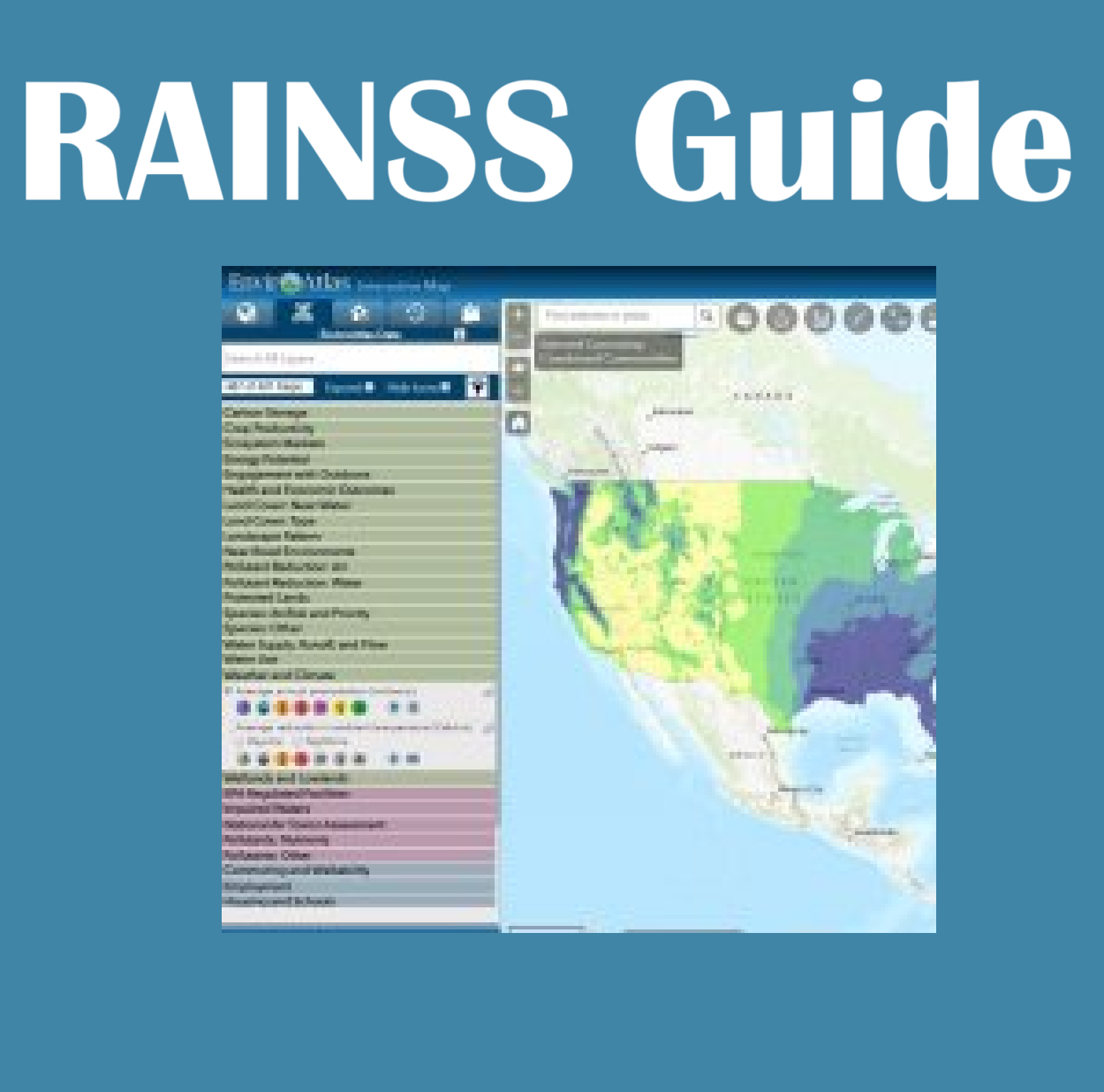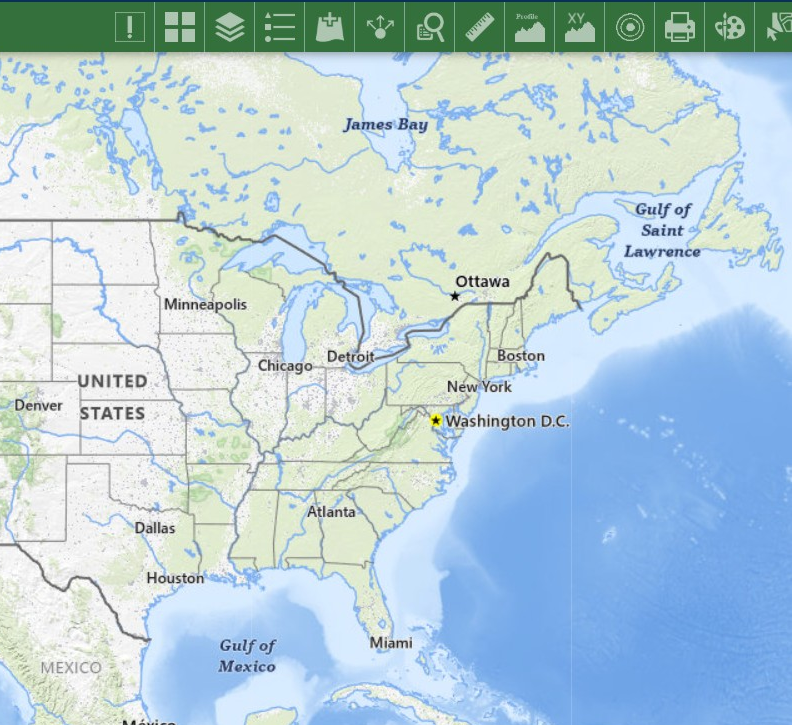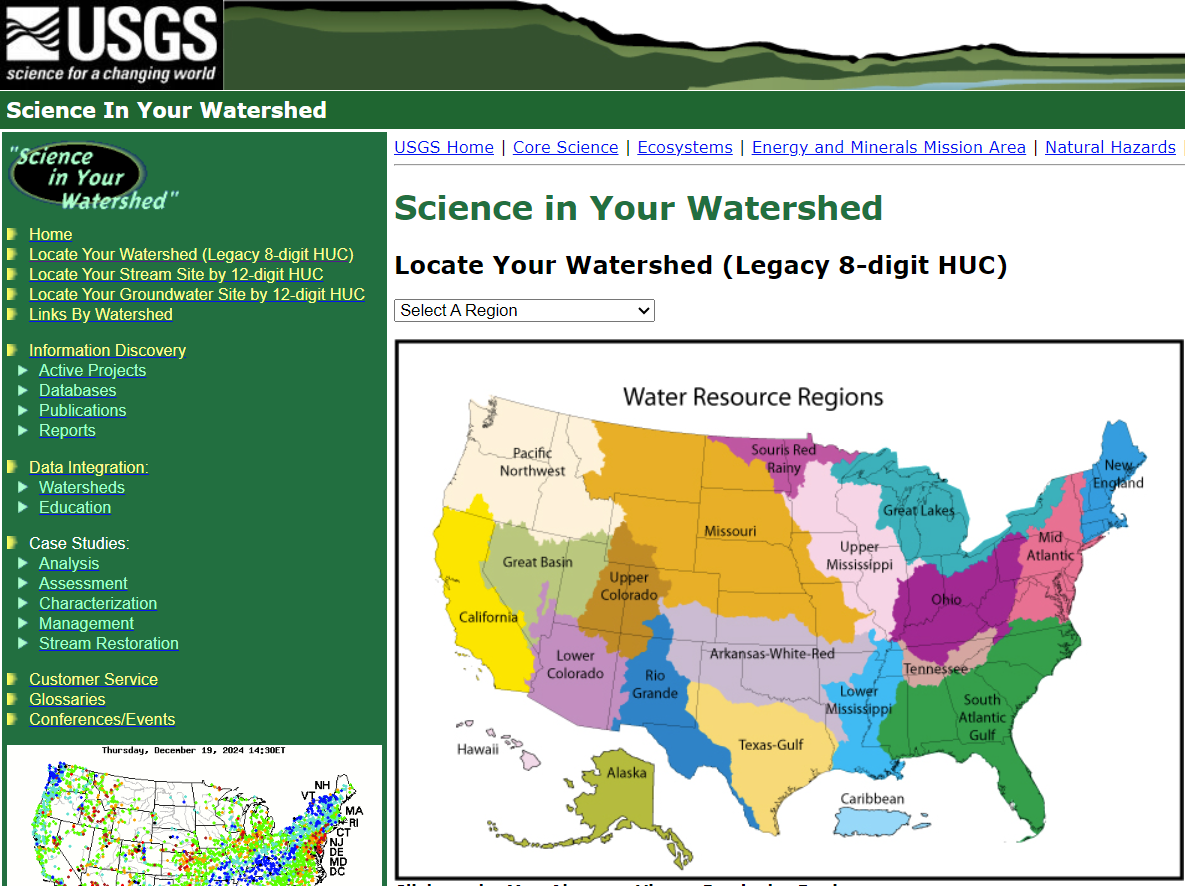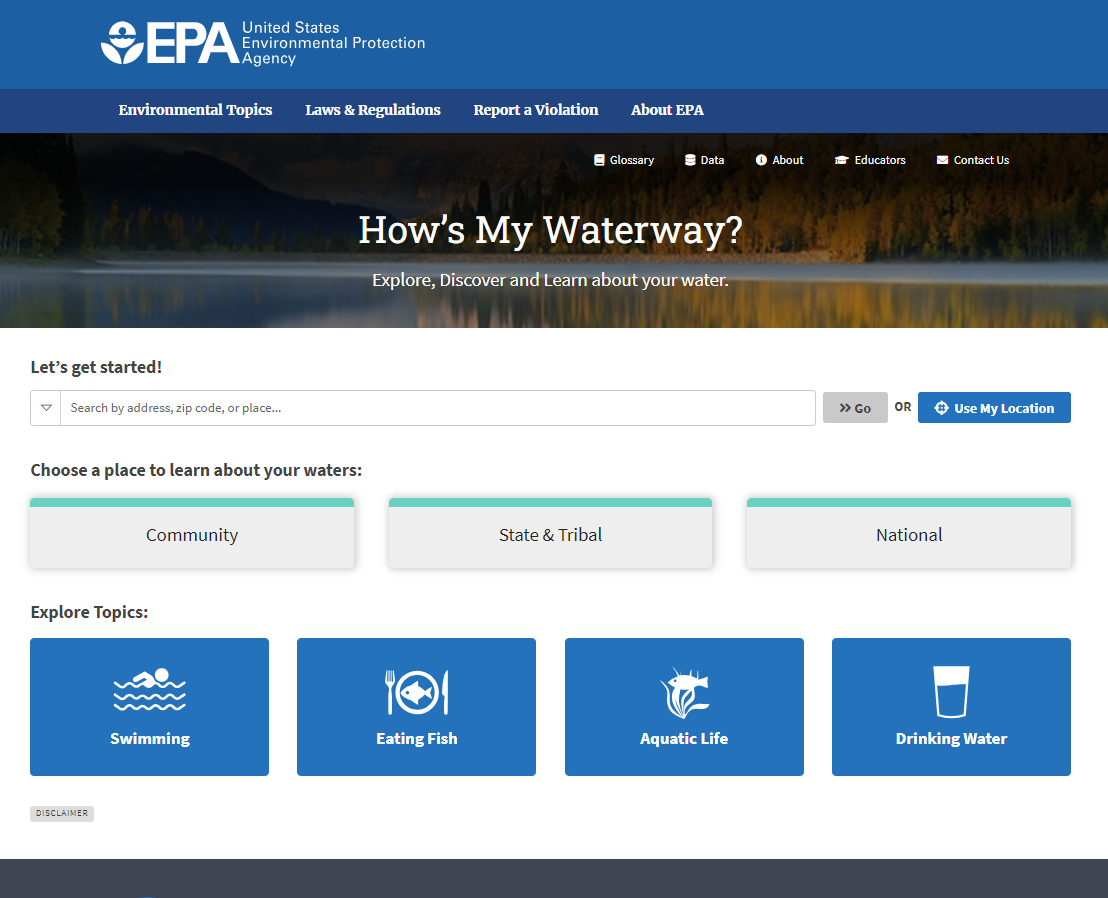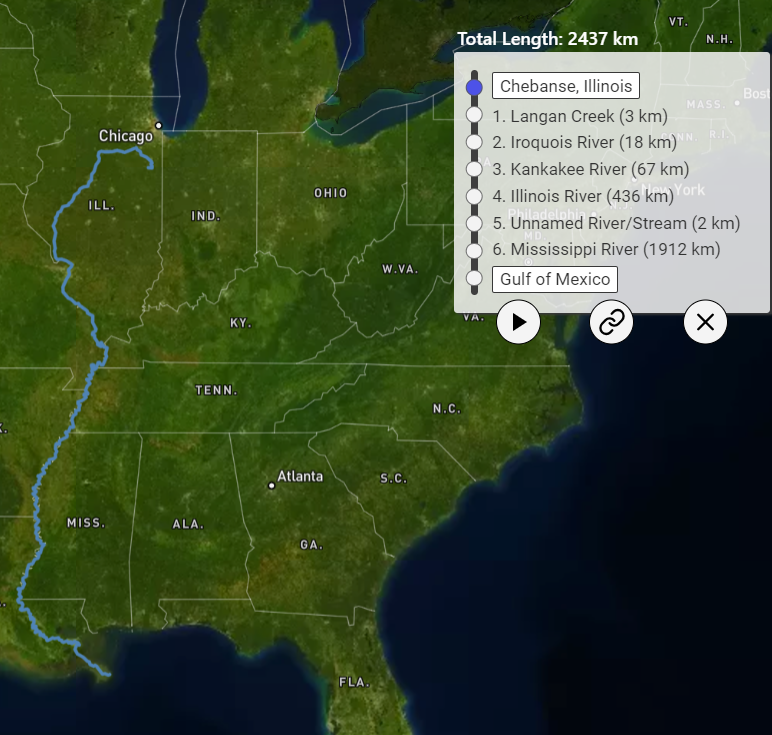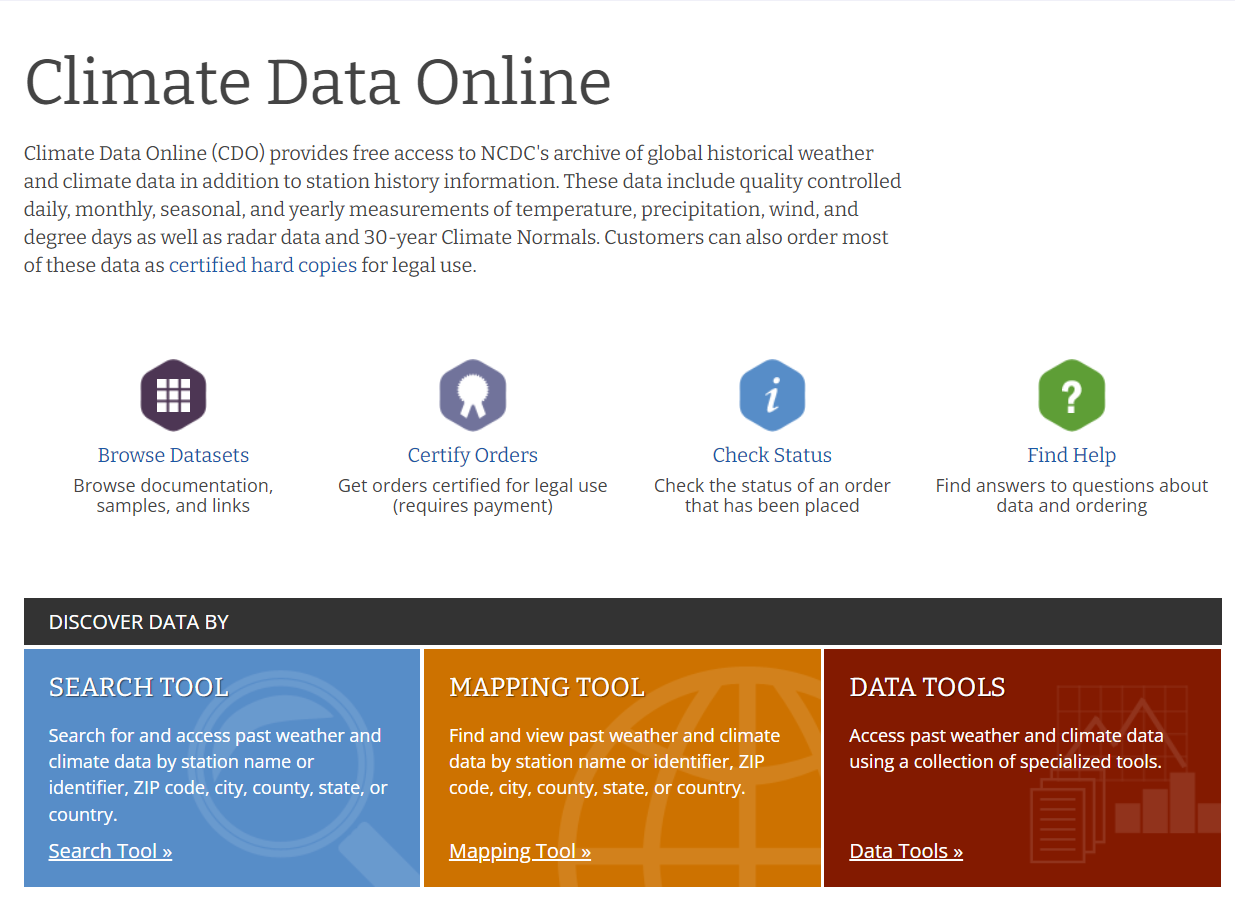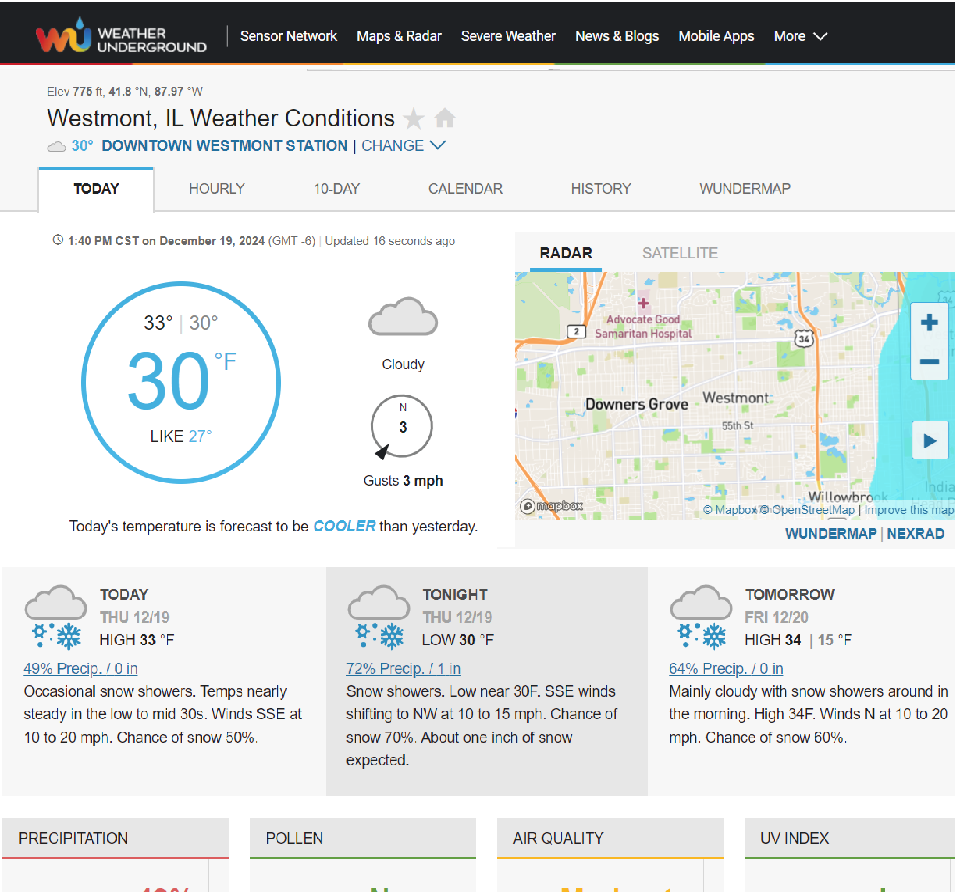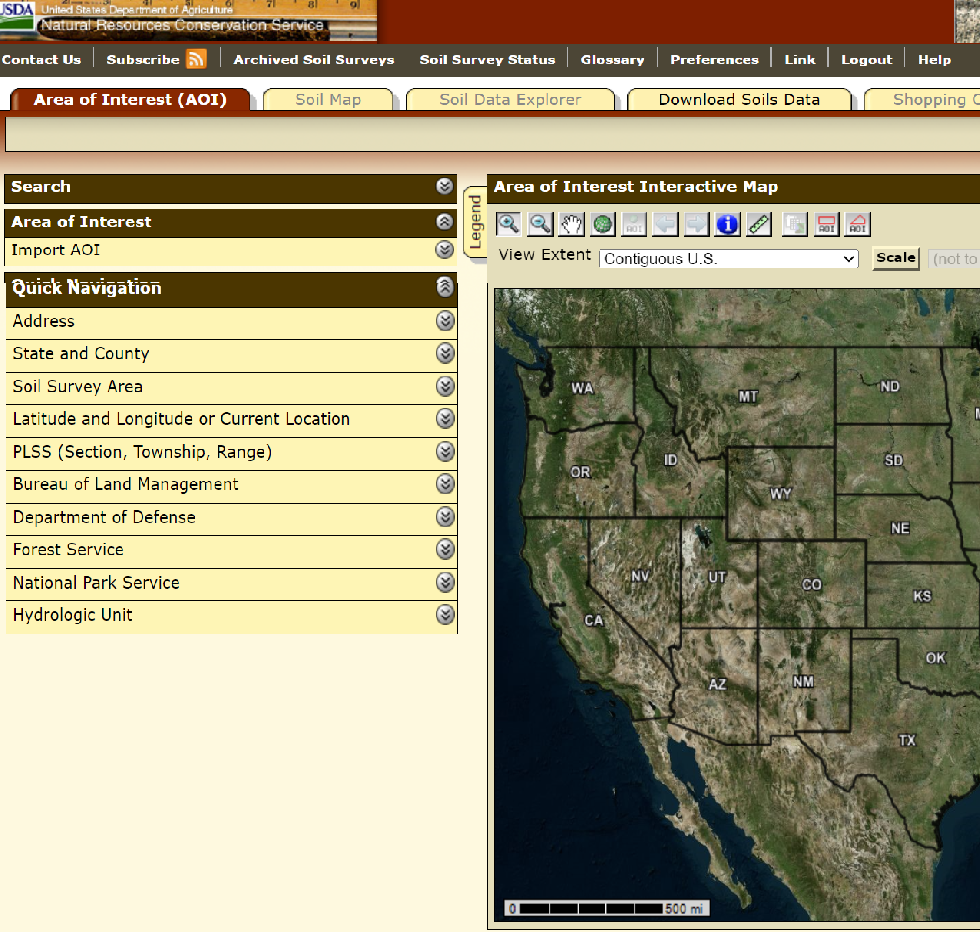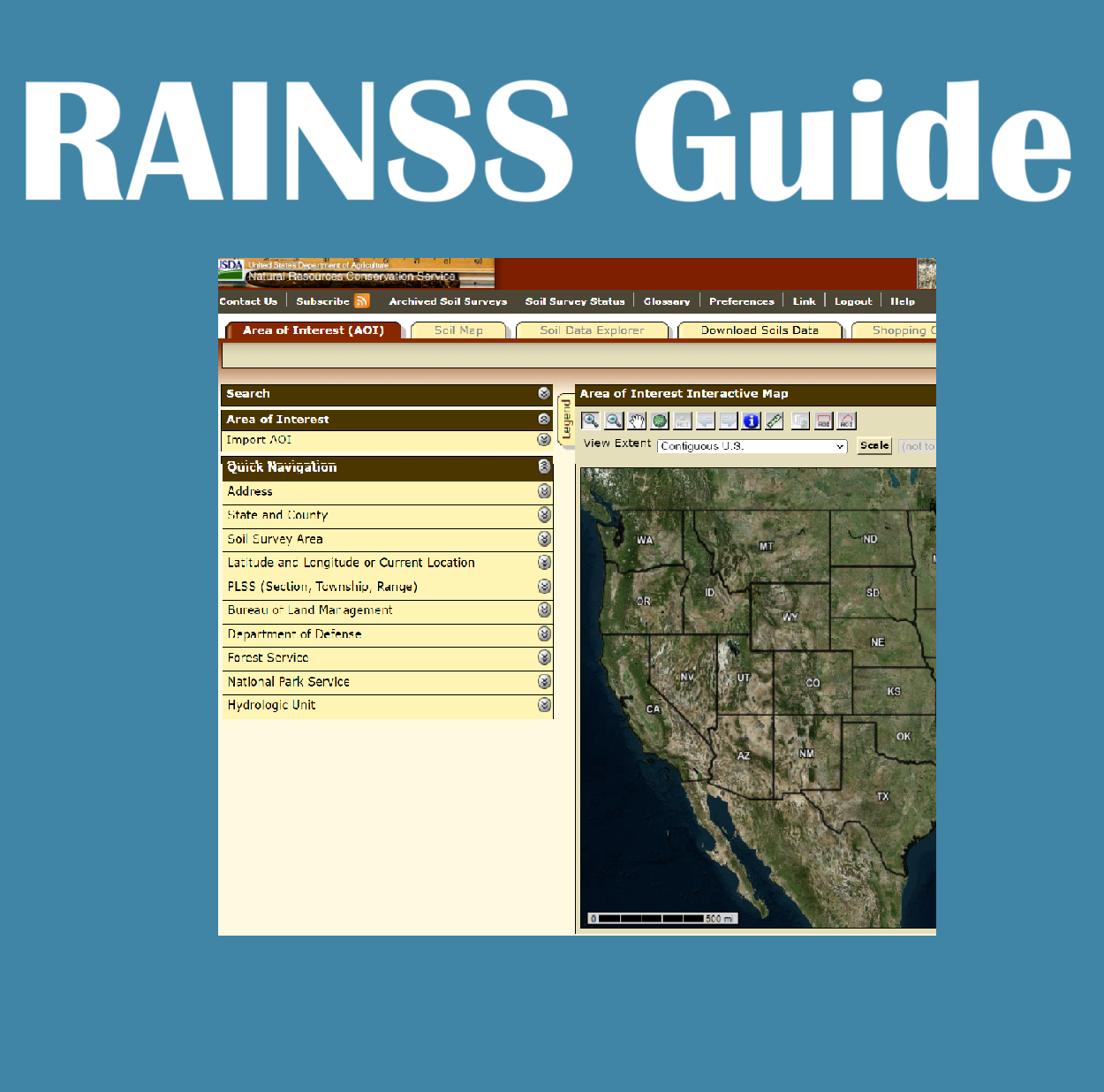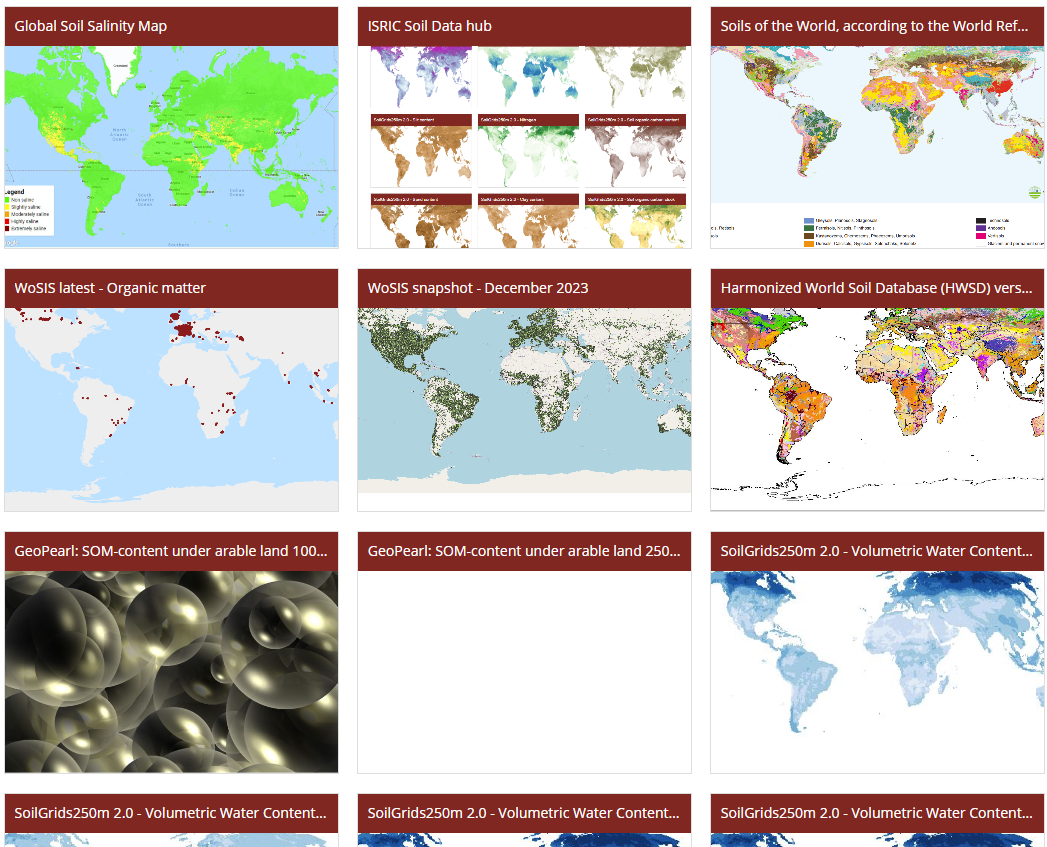Designing Rain Gardens for Stormwater Solutions
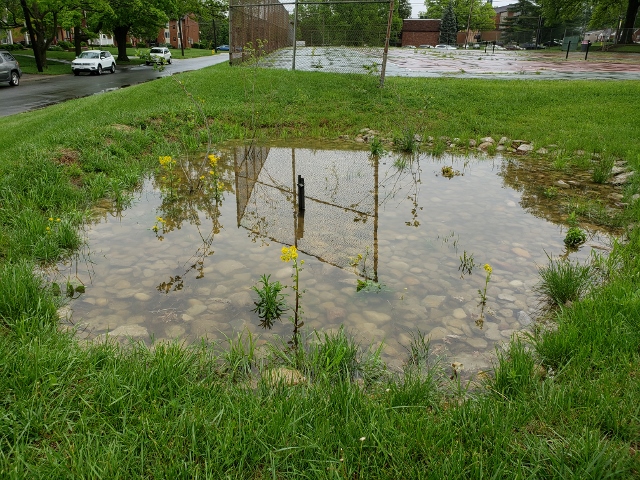
The Resilience and Innovation in Nature-based Stormwater Solutions (RAINSS) project partners with schools and communities facing stormwater flooding. Using the RAINSS Curriculum, participants explore stormwater issues, analyze data, and engage students in hands-on rain garden investigations to strengthen local resilience.
Designing a Rain Garden
Improve your green infrastructure and get students involved in the process! This curriculum empowers schools and communities to address stormwater challenges through hands-on rain garden design. Students learn to identify areas prone to flooding, explore real-world data, and create practical, nature-based solutions. With lessons tailored for middle and high school learners, activities emphasize collaboration, critical thinking, and environmental stewardship. Educators and outreach specialists can easily adapt the curriculum to fit their goals, local conditions, and available resources—making every rain garden project both meaningful and uniquely their own.
Using a Rain Garden as a Teaching Tool
Do you already have a rain garden installed and utilize it as a teaching tool in your classroom and/or outreach? Explore how students can engage with hands-on activities to evaluate green infrastructure and analyze real-world data. Learn more about the curriculum in NSTA’s The Science Teacher, “Rain Gardens and Rain Gauges: Students Get Hands on With Data While Evaluating Green Infrastructure at Their School.”
Mapping Tools
Water Data
Weather Data
Soil Data
Featured Rain Gardens
AGI has worked with schools in Illinois to implement the RAINSS curriculum during science classes and an afterschool science club. Check out the installed rain gardens below!
AGI is also currently partnering with one school to monitor their rain garden and refine monitoring techniques. Contact outreach@americangeosciences.org for more details on this project.
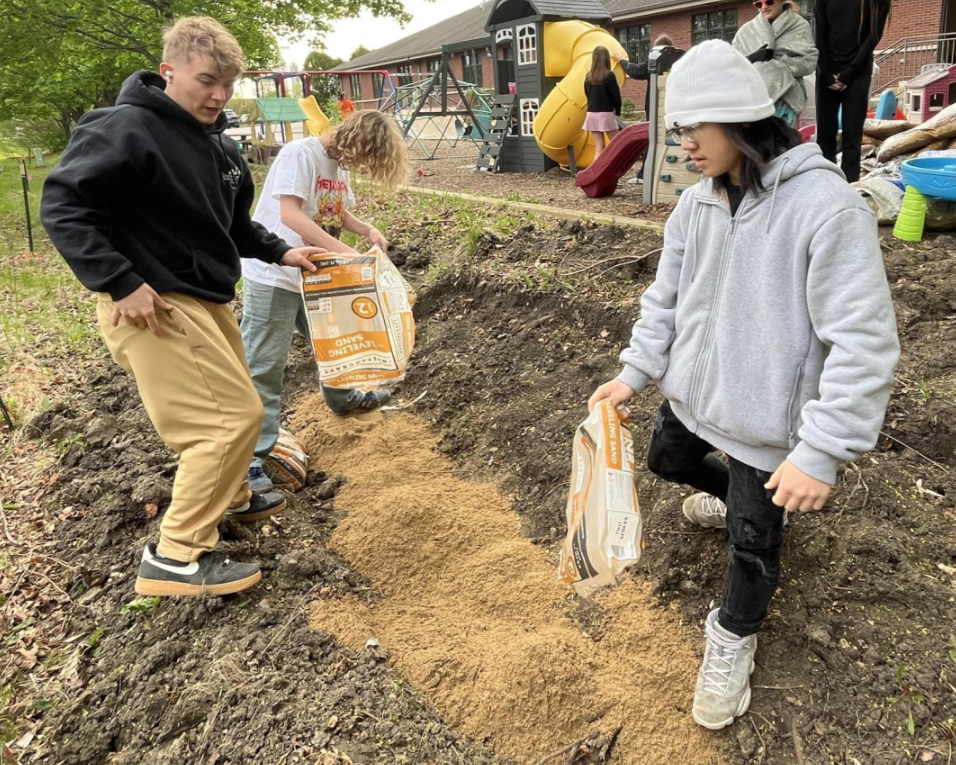
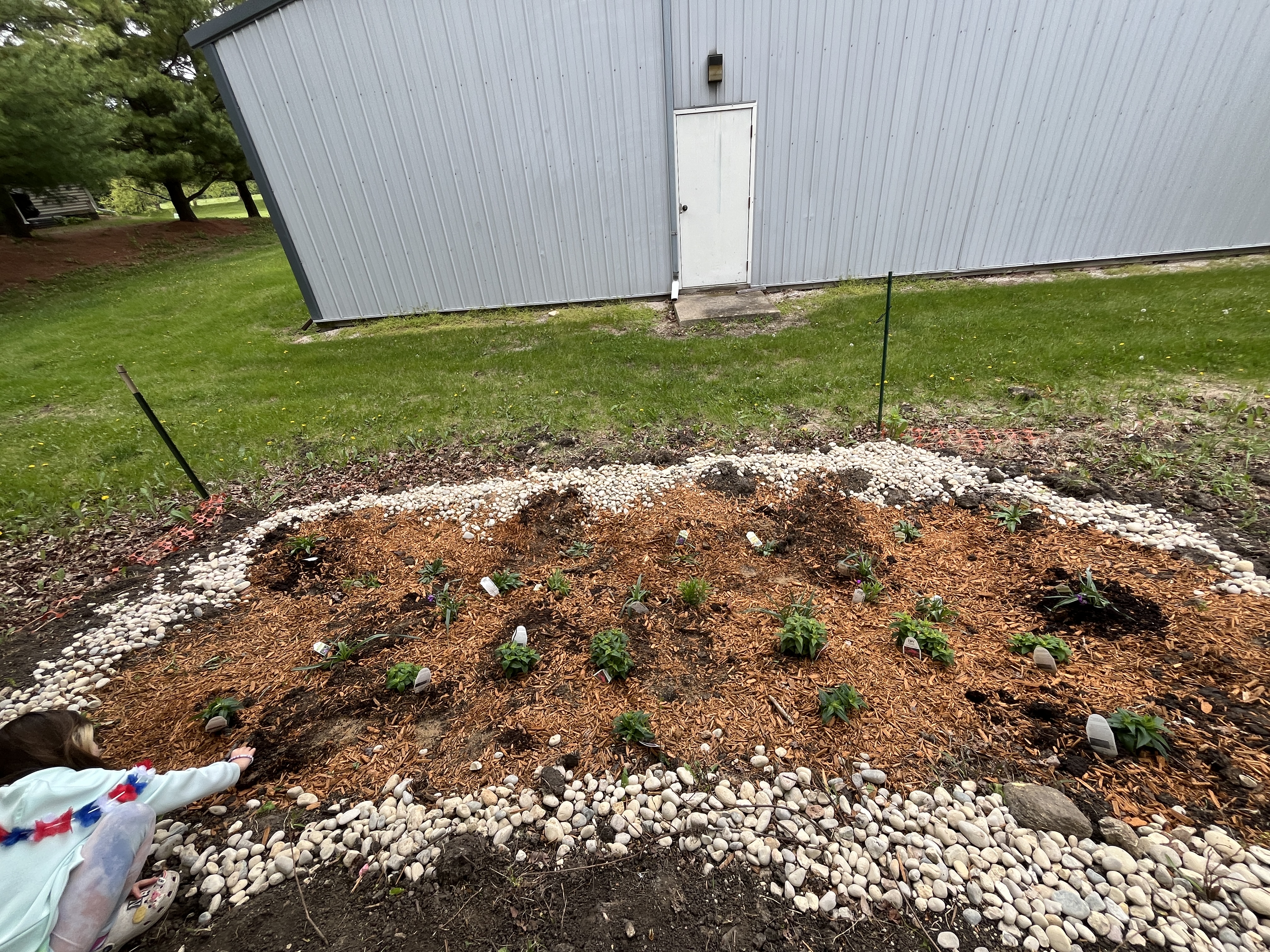
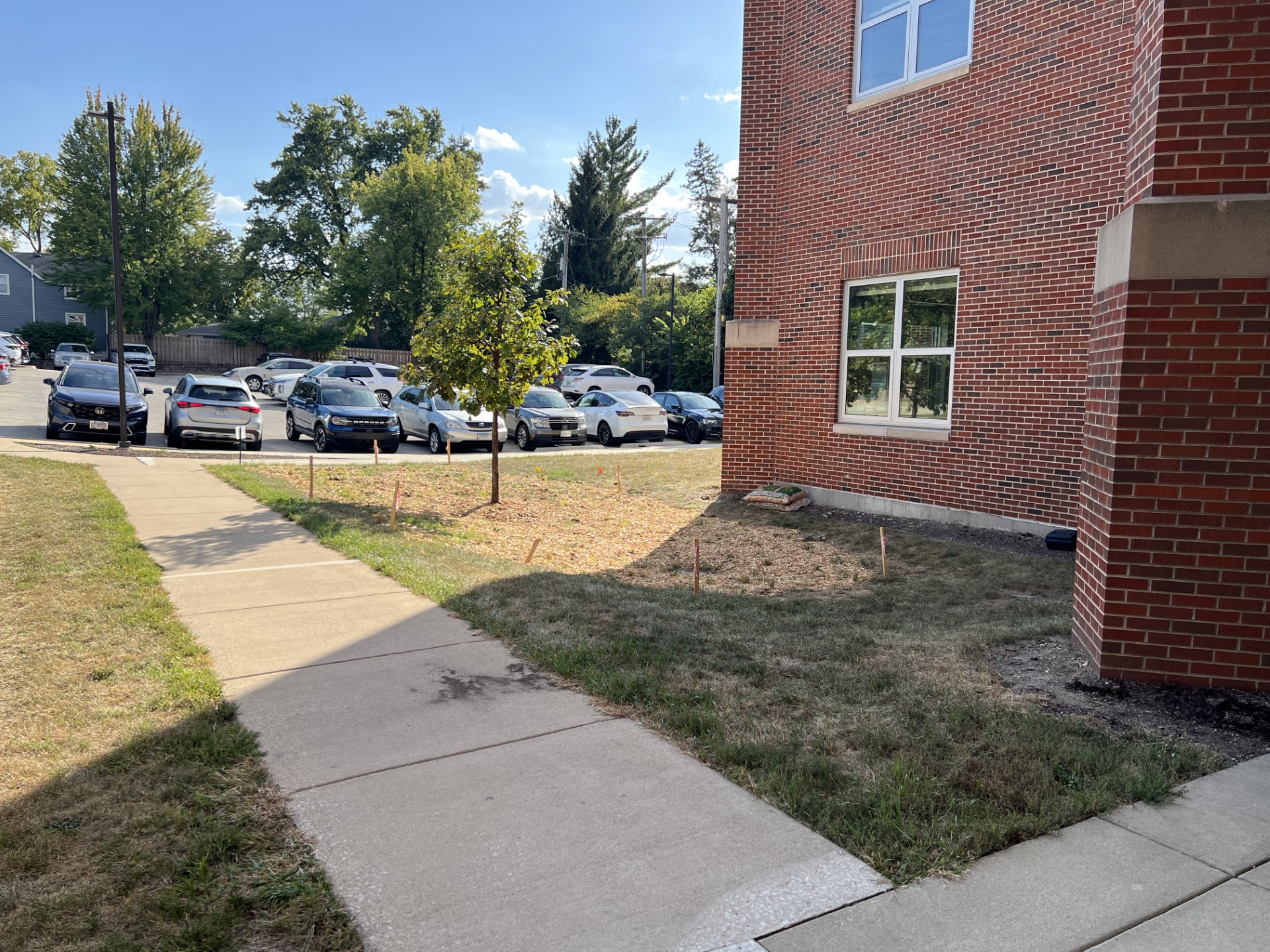
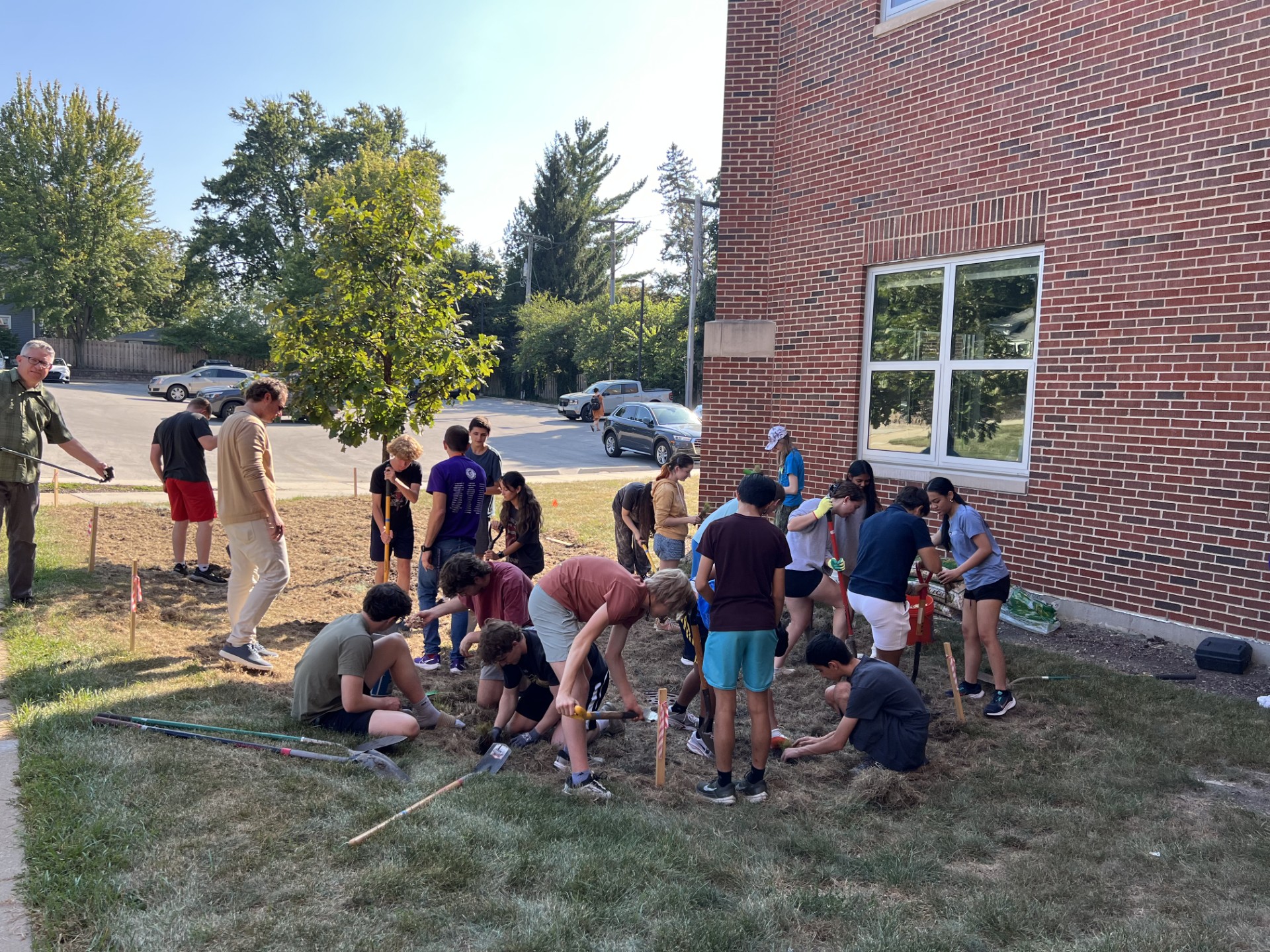
Project Funding
This work is supported by generous funding from the American Association of Petroleum Geologists Foundation and by the Earth Science Information Partners (ESIP) under an ESIP Small Lab Grant with support from the National Aeronautics and Space Administration (NASA), National Oceanic and Atmospheric Administration (NOAA), and the United States Geologic Survey (USGS).

